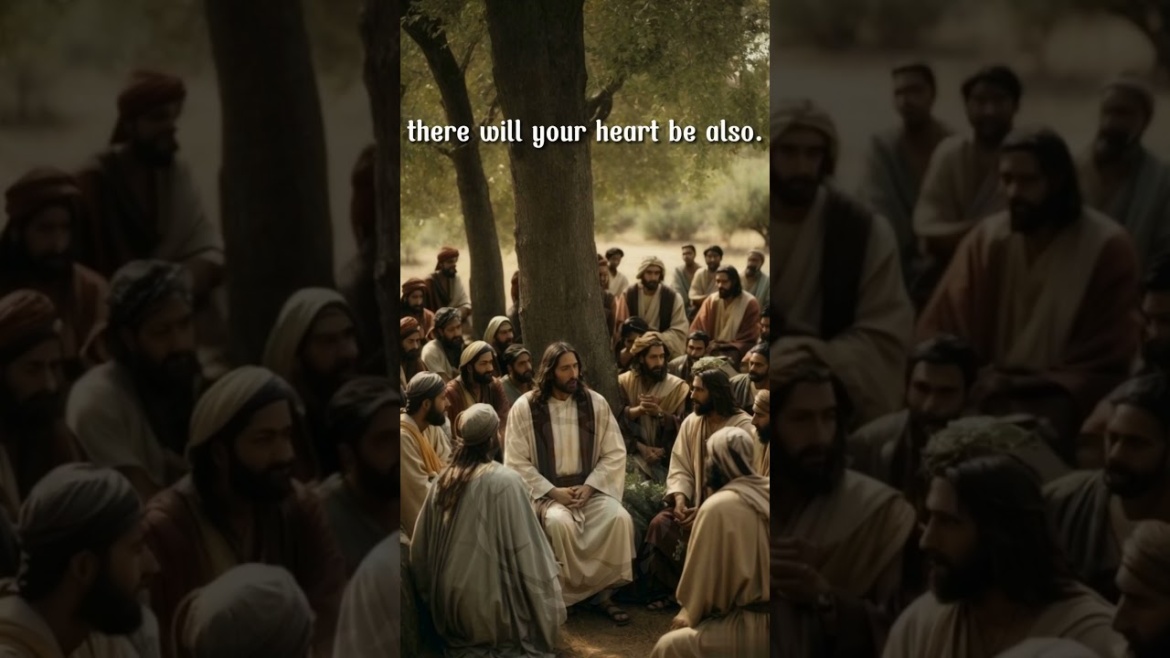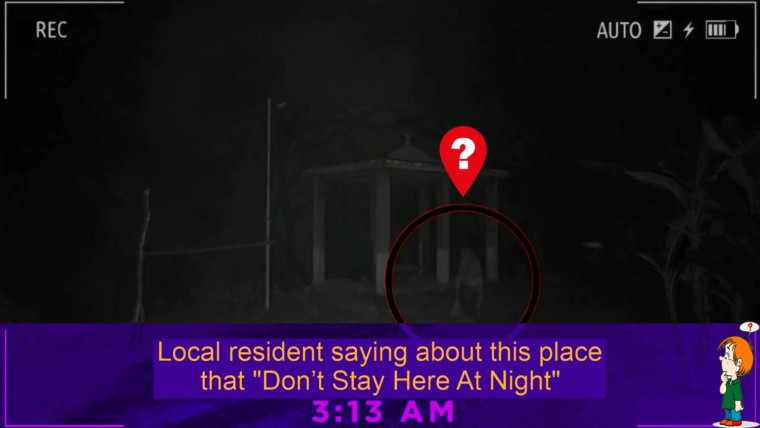The Significance of “Lay not up for yourselves treasures upon earth, where moth and rust doth corrupt, and where thieves break through and steal: But lay up for yourselves treasures in heaven, where neither moth nor rust doth corrupt, and where thieves do not break through nor steal: For where your treasure is, there will your heart be also.”
The phrase “Lay not up for yourselves treasures upon earth, where moth and rust doth corrupt, and where thieves break through and steal: But lay up for yourselves treasures in heaven, where neither moth nor rust doth corrupt, and where thieves do not break through nor steal: For where your treasure is, there will your heart be also.” is a powerful christian law used by Jesus in Matthew 6:19-21 from the Sermon on the Mount. It speaks about the importance of prioritizing spiritual wealth over material possession, the permanence of spiritual wealth and the impermanence of material possession.
Context of the Phrase
The law appears within Jesus’ Sermon on the Mount, a collection of teachings focusing on right living and morality for spreading God’s message. It is part of Jesus’ teachings on detachment from worldly things and focusing on the Kingdom of Heaven, encourage his followers to focus on seeking God’s kingdom and righteousness, instead of worldly anxieties and treasures. He criticizes the pursuit of material possession, highlighting its impermanence and vulnerability to loss. He emphasizes that material possession are temporary and can be lost or destroyed, while spiritual wealth are eternal and lasting.
Significance of the Phrase
The law is a reminder to focus on living a life according to God’s will and seeking eternal rewards in heaven, rather than chasing after worldly treasures. It encourages individuals to reflect on their priorities in life, and consider what truly holds value beyond material possession. It can be seen as a critique of materialism with the pursuit of excessive wealth, and the potential negative consequences of such pursuits.
Here are some key points:
Spiritual: It emphasizes the importance of seeking spiritual wealth like faith, love, and good deeds, which are eternal and cannot be lost.
Material: It critiques excessive materialism and encourages a balanced approach to possession, focusing on using it for good rather than hoarding it.
Priority: It offers a perspective beyond the limitations of this earthly life. It reminds us to prioritize what truly matters in life, directing our hearts and energy towards things that have lasting value.
Application of the Phrase
The law is a call to action, urging us to re-evaluate our priorities and focus on what truly matters. It’s a reminder that true treasure lies not in material possession, but in the realm of the spirit, in relationships, and in living a life of meaning and purpose.
Here are some key points:
Personal: Examining one’s own values and priorities, considering what truly brings meaning and fulfillment.
Social: Advocating for equitable distribution of resources and challenging systems that perpetuate inequality.
Lifestyle: Prioritizing experiences, relationships, and service over material possessions. Making conscious decisions about spending and saving, avoiding unnecessary accumulation.
In summary, the law remains a powerful message, urging individuals and society to focus on values that transcend material possession and contribute to a more meaningful and just world. It is a call to action to seek true wealth that cannot be corrupted or stolen, a wealth that resides in the heart and spirit.
THE CHILD IS INTENDED INTO ONE SUB & NINE EXTREMES
« Samsara Extreme Of Heaven In Child Intended To Exist »
WHAT IS ✨ COLD CHILD SPACE? IT IS JUST CHILD EXTREME!
« Child Extreme’s Code & subExtreme’s Law »













